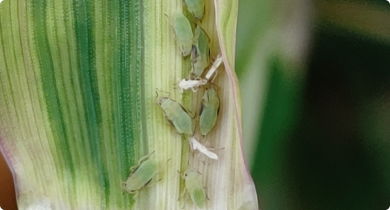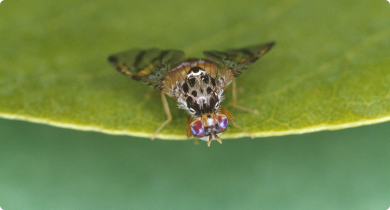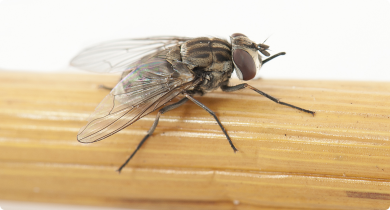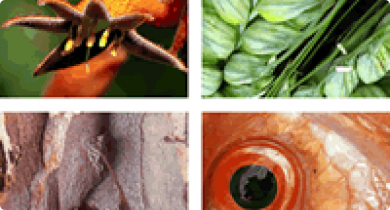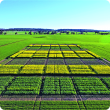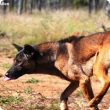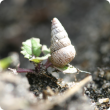Pests
Animal pests, both vertebrates (backbone) and invertebrates (no backbone), can have an adverse impact on agriculture, the natural environment and even our lifestyle. Animal pests may be exotic animals which are introduced, either accidentally or deliberately. Native animals may also be pests in certain situations.
The Department of Primary Industries and Regional Development manages pests in Western Australia through policy development, risk assessment, research and development, provision of technical advice and information, implementation of regulation, emergency response, property inspections, industry liaison, and the planning and coordination of significant species control/eradication programs.
For advice on pests search our website, the Western Australian Organism List or contact our Pest and Disease Information Service (PaDIS).
For diagnostic services, please contact our Diagnostic Laboratory Services.
See Also
Filter by search
Filter by topic
- (-) Remove Control methods filter Control methods
- Chemicals (23) Apply Chemicals filter
- Pest animals (18) Apply Pest animals filter
- Pest mammals (15) Apply Pest mammals filter
- Mechanical, physical and cultural (12) Apply Mechanical, physical and cultural filter
- Baits & poisons (12) Apply Baits & poisons filter
- Crops (10) Apply Crops filter
- Pest insects (10) Apply Pest insects filter
- Grains (8) Apply Grains filter
- Biosecurity & quarantine (8) Apply Biosecurity & quarantine filter
- Insecticides (7) Apply Insecticides filter
- 1080 (6) Apply 1080 filter
- Diseases (6) Apply Diseases filter
- Biosecurity (6) Apply Biosecurity filter
- Wheat (5) Apply Wheat filter
- Invasive species (5) Apply Invasive species filter
- Nematodes (4) Apply Nematodes filter
- Crop diseases (4) Apply Crop diseases filter
- Livestock & animals (4) Apply Livestock & animals filter
- Livestock management (3) Apply Livestock management filter
- Weeds (3) Apply Weeds filter
- Strychnine (3) Apply Strychnine filter
- Oats (3) Apply Oats filter
- Barley (3) Apply Barley filter
- Fungi (3) Apply Fungi filter
- Canola (3) Apply Canola filter
- Pulses (2) Apply Pulses filter
- Residues in crops (2) Apply Residues in crops filter
- Viruses & virus-like (2) Apply Viruses & virus-like filter
- Lupins (2) Apply Lupins filter
- Preventing residues (2) Apply Preventing residues filter
- Birds (2) Apply Birds filter
- Crop weeds (2) Apply Crop weeds filter
- Biological control (2) Apply Biological control filter
- Grains research & development (2) Apply Grains research & development filter
- Grains Research & Development (1) Apply Grains Research & Development filter
- Fungicides (1) Apply Fungicides filter
- Intrastate movement (1) Apply Intrastate movement filter
- Land use (1) Apply Land use filter
- Food, export & investment (1) Apply Food, export & investment filter
- Livestock biosecurity (1) Apply Livestock biosecurity filter
- Bacteria (1) Apply Bacteria filter
- Beef cattle (1) Apply Beef cattle filter
- Baiting & poison permits (1) Apply Baiting & poison permits filter
- Climate, land & water (1) Apply Climate, land & water filter
- Emergency response (1) Apply Emergency response filter
- Food & beverages (1) Apply Food & beverages filter
- Food safety (1) Apply Food safety filter

